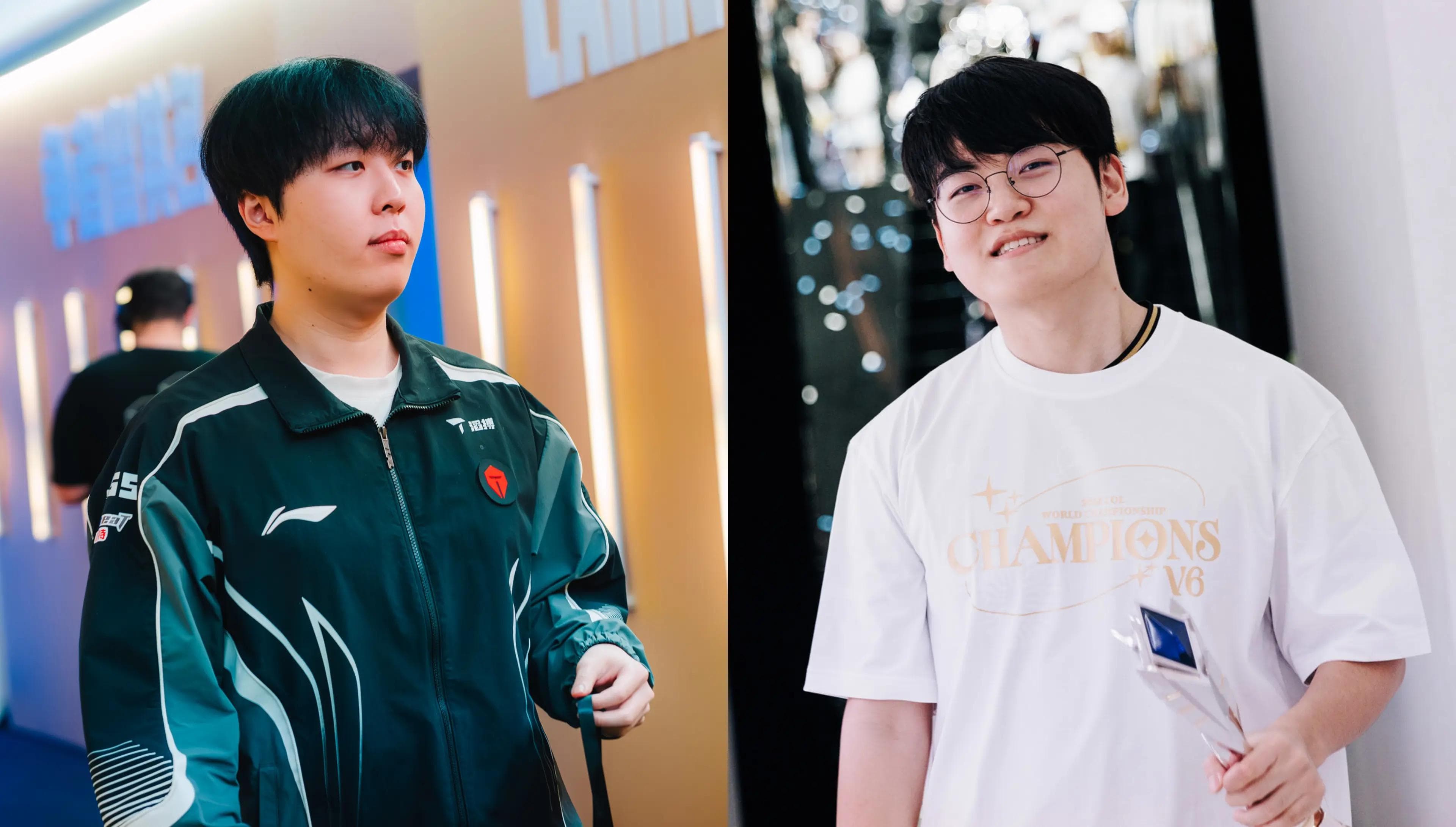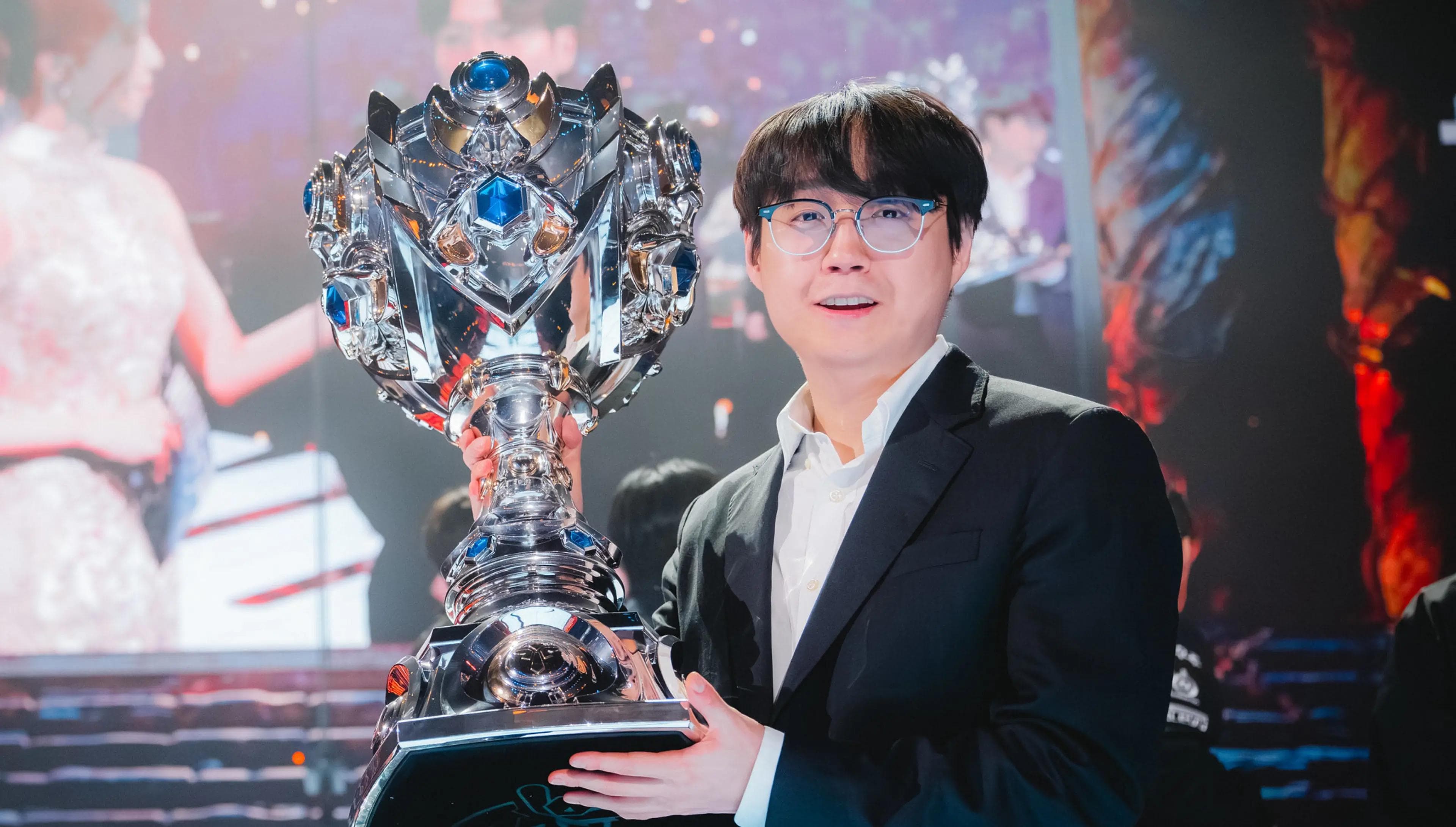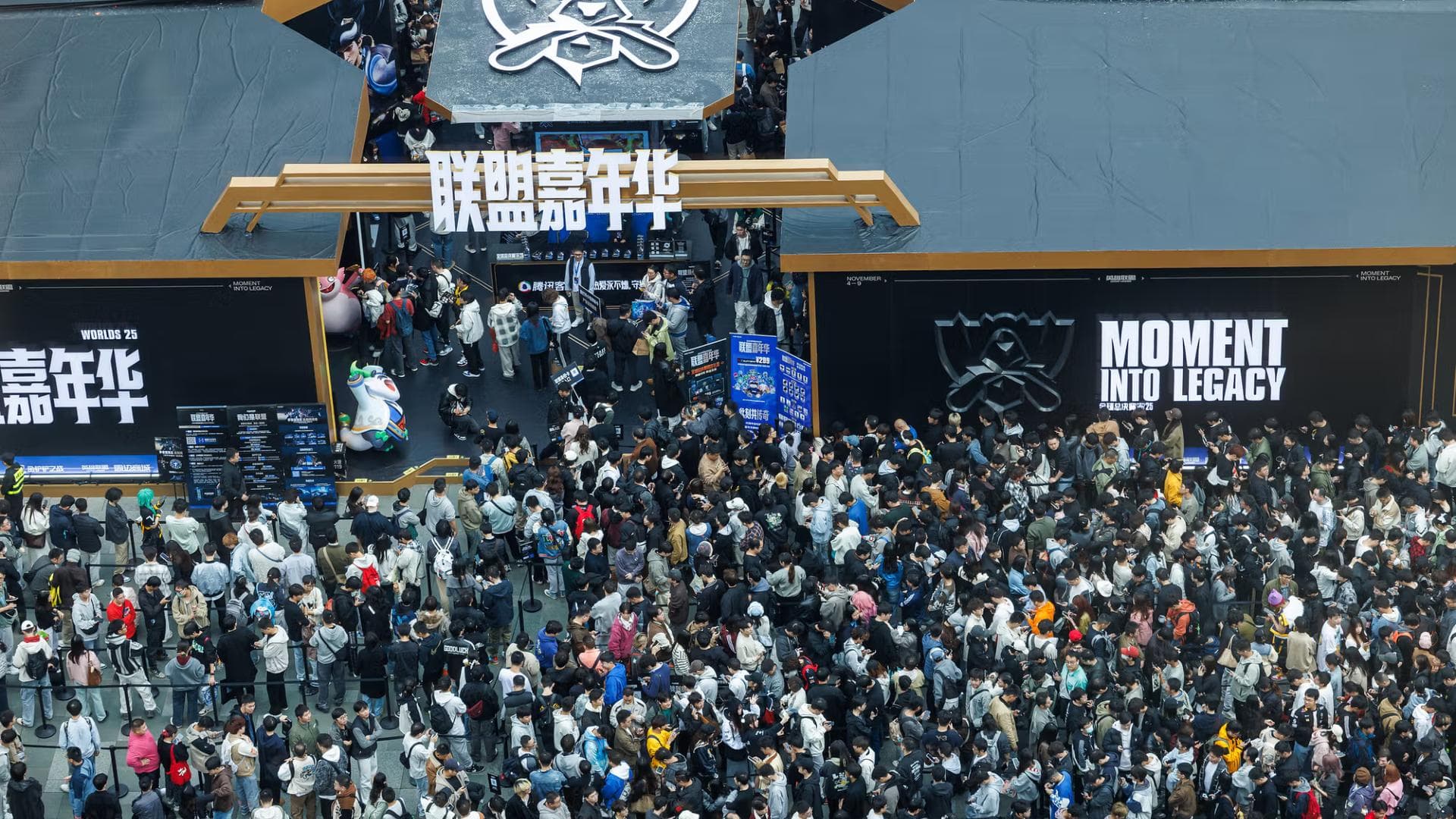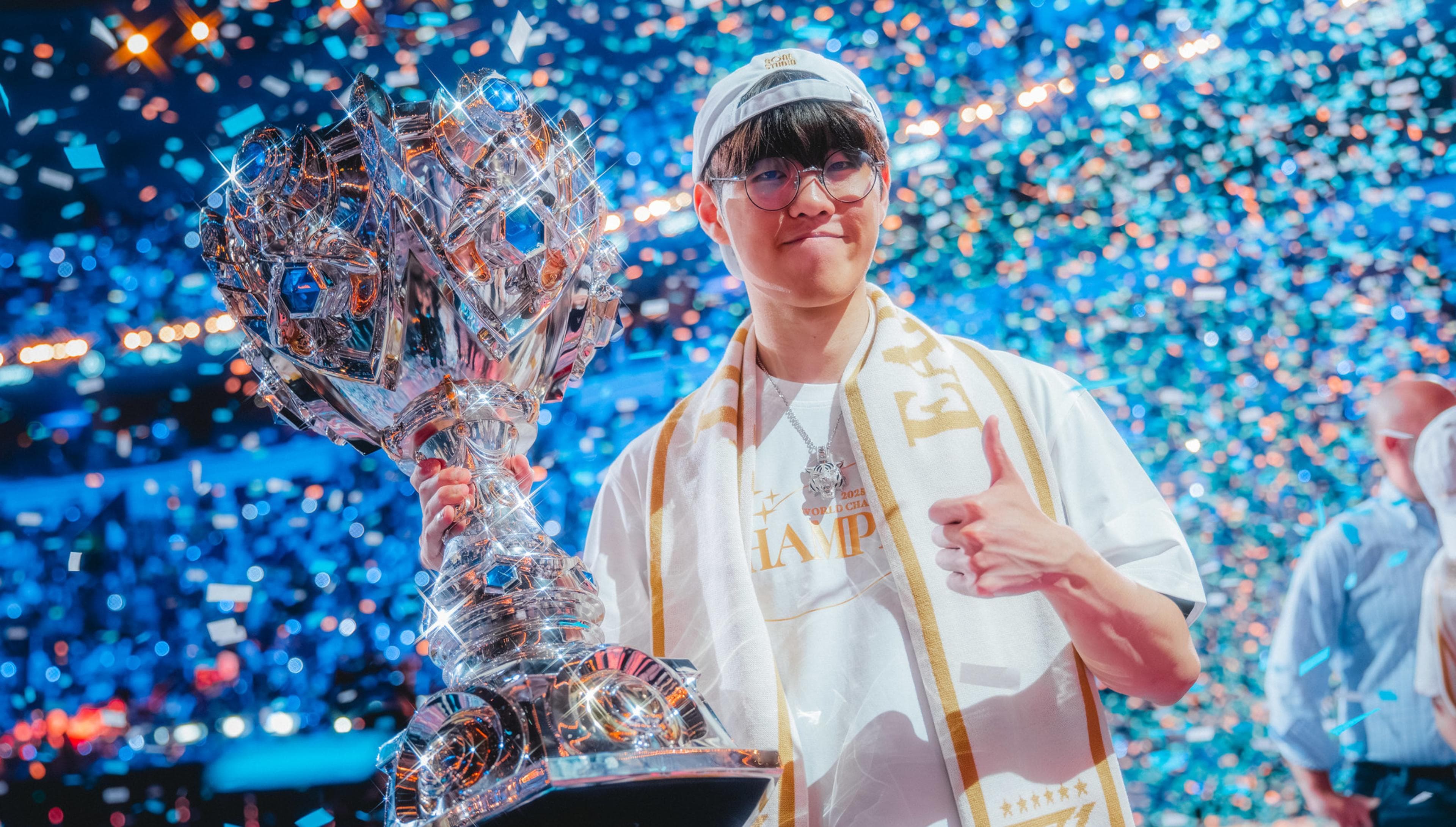Have the new Worlds' play-in been successful ?
In response to the recurring criticisms directed at the Worlds of LoL play-ins, Riot Games has introduced significant changes for the 2023 edition. Gone are the long group stages with numerous inconsequential best-of-one (bo1) matches, making way for best-of-three (bo3) and best-of-five (bo5) encounters. From a media perspective, this transition has been a success, with highly satisfying statistics for such a phase. In terms of competitive performance, the new qualification modes have also brought satisfaction, though not without some criticism.
A brief history of play-ins
In 2017, in response to the explosion of teams and players in minor regions, Riot Games decided to add an additional phase to the World Championships. Rather than allocating two slots to teams qualified through a separate tournament exclusive to minor regions, they put four slots on the table to be contested between both minor regions and the lowest-seeded teams from major regions. In 2017, teams like Team WE, Fnatic, C9, and Fenerbahçe Esports advanced from the play-ins, defeating teams like Gambit Esport, Kaos Latin Gamers, and Dire Wolves.
In 2018, all major region seeds (except Korea, as the LCK didn't send a team to the play-ins) made it through the phase, relegating minor regions to the shadow of the group stage. The competition wasn't very tight, with the exception of C9, who had to work hard to defeat Gambit 3-2, and G2, who dropped a bo1 against Supermassive. There wasn't much excitement for viewers from outside the minor regions. 2019 repeated this pattern, with the Russian seed (Unicorns of Love) coming very close to advancing. The play-ins had become a place where Riot tucked away the minor regions, keeping them out of the group stage.
Riot then decided on some changes for 2020, reducing the number of teams and introducing two groups of 5, playing a single round-robin session. The first-place team advanced, the last was eliminated, and the other three fought for the remaining two slots. This less punitive format diminished the significance of bo1 matches. Despite MAD Lions and LGD Gaming finishing 1-3 in the group, they could still qualify. In the end, UOL managed to achieve the unexpected, qualifying Russia for the main event of Worlds for the first time since 2016. However, questions were raised about the format. 2021 and 2022 weren't much more thrilling; while the final bo5 matches were exciting, the preceding bo1 matches generally bored the audience.
The new format's strength : eliminating meaningless matches
The lack of stakes in the majority of matches was at the core of the issues raised by the community. Riot Games addressed this by simplifying the play-ins, creating real tension. The formula is straightforward: two bo3 victories to reach a qualifying bo5 final, and after two defeats, a team is eliminated. Fans responded positively, with 1 million viewers tuning in for the first day of the play-ins (according to Esports Charts) for GAM-LOUD. The same number was achieved the following day for BDS-TW, indicating that the new play-ins format has been a success in terms of viewership. For comparison, 1 million viewers is 600,000 fewer than the fifth-best audience of Worlds 2022 (T1-RNG, quarter-finals). Given the difference in stakes, this is a satisfactory result.
The removal of bo1 matches, often criticized in the League of Legends community for being volatile and occasionally frustrating to watch, was also well received. Bo3 matches struck a good balance between efficiency and competitiveness, even though a bo5 between BDS and Team Whales would have been appreciated. The ultimate nature of bo5 finals ensures that no team can qualify without going through significant matches. Thus, BDS and GAM, the two qualified teams, offer little doubt about their legitimacy in the main event.
In Terms of Competition: A Generally Successful Outcome with Minor Reservations
From a competitive standpoint, there is little to complain about regarding the play-ins. However, some details have raised eyebrows. Firstly, the idea of being eliminated after only two matches can be frustrating for some teams, like R7 or DFM, who were eliminated after 4 games and 3 days of the tournament. In the case of a more unbalanced draw than what occurred this year, a team could be effectively "locked out" of the tournament.
Apart from this relatively minor issue, a more significant concern emerged in the terminal bo5 matches. These matches opposed teams that have won both of their matches against those who have lost a bo3 along the way. But there's no second chance for anyone; the bo5 format levels the playing field, sacrificing overall fairness. For example, PSG, who dominated their group with a 4-0 record, had no second chance after losing to BDS, despite Europe's fourth seed slipping against Team Whales. Opinions vary on this issue, with some criticizing the inequality, while others argue that the format remains satisfactory due to its equal treatment of all teams in bo5 matches. In the end, what remains is that GAM and BDS deserve to go through while every team has had its chance to qualify.







/Comments
Write a comment